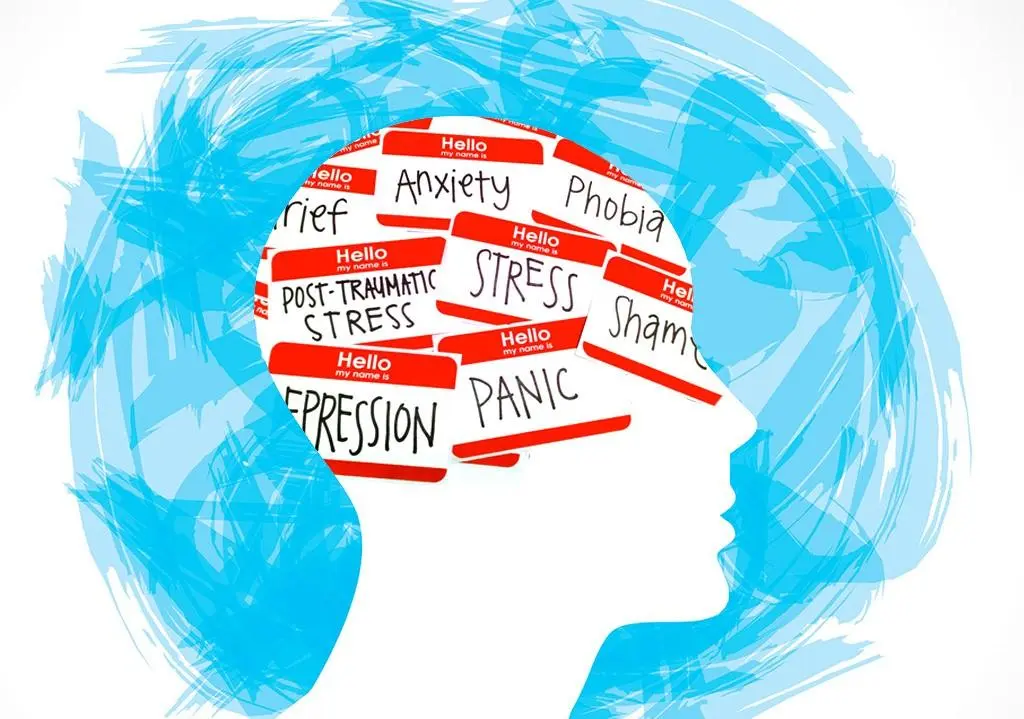Today, we live in a world filled with advertisements demanding your attention. By now, you’re probably used to these titles; it may even be challenging to imagine a world without them. Because of the fast-paced culture we live in, these advertisements are meant to bait you to click on the product or information mentioned. The definition of clickbait, as said by Dictionary.com is “a sensationalized headline or piece of text on the internet designed to entice people to follow a link to an article on another web page”. Clickbait is an inevitable consequence of a capitalist society, but it is often used to a degree that is inappropriate and misinforming.
Specifically, journalism that utilizes clickbait contributes to inaccurate and unnecessarily provocative information. Newspapers are businesses, like any other. However, they have one crucial difference: they are meant to inform the people. When well-known newspapers resort to clickbait in an effort to draw in potential readers and further their profits, they’re compromising that duty.
Clickbait journalism perpetuates a harmful cycle that ultimately hurts the consumer the most. By using anger-provoking language as opposed to the hard facts that should be used in such an important field, newspaper outlets provoke their readers into feeling a range of emotions, pressuring them to click on their article to resolve the emotion. This negatively affects their view of current news and potentially their mental health. Newspapers will then consistently rely on headlines with such power and begin the process anew in a never-ending cycle that can hurt their consumers to considerable degrees by emotionally manipulating them into believing untrue or sensationalized versions of news.
The motivation behind inaccurate but appealing has persisted over the years. All corporations want money and often sacrifice their dignity or duty to do so. However, clickbait journalism has only increased as incentives have been added for writers and companies. Many, such as Slant magazine, are introducing a click-based system, in which journalists and news writers receive a minimal income and earn more based on how many viewers their articles get. This system has already proven to be flawed across other fields (Including restaurants in the US, where tipping culture results in low income for waiters and waitresses). It has also shown that it values misinformation and over the ultimate duty of journalism. With this system in place, the already prevalent problem of clickbait has gone from a tactic used to boost revenue to making titles something journalists must entirely rely on for their livelihood.
So, of course, clickbait is not going to cease. However, what can we, consumers looking to be conscious of our own mental health and support journalism, do? For one, we can protest the system that causes entire careers to rely entirely on views that creates an environment where journalists cannot thrive. When seeing clickbait titles, you need to assess if it is likely legitimate, find any words to purposely trigger immediate emotion. If there is something that seems as though it is necessary knowledge but includes language that makes it seem biased, the same information should be accessible somewhere else. “You’ll Never Believe This Happened!” Is an example of a sensationalized headline.
Though these steps are simple, it takes a collective effort to protest clickbait and create a culture that values journalistic integrity. Yet, if we take these steps as a society, we can create a world in which clickbait is minimized and journalism can prioritize the spread of accurate information once more.

